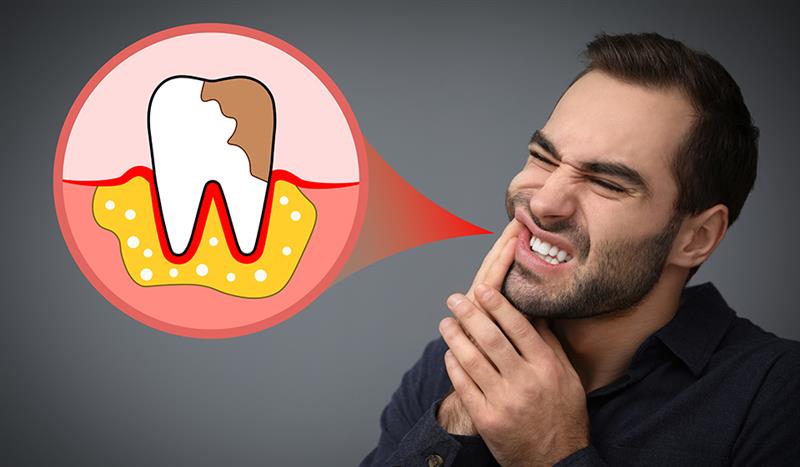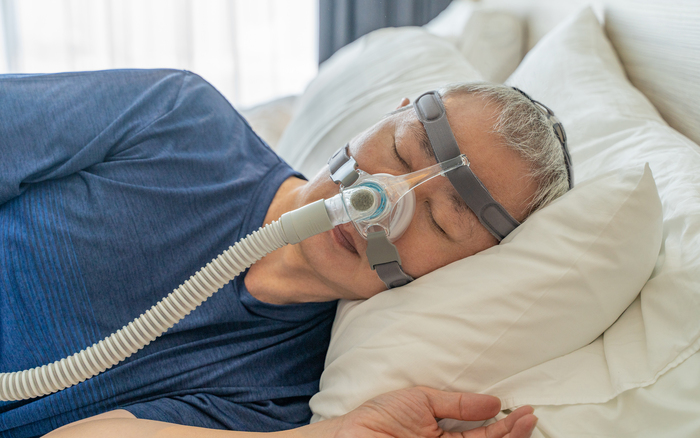A confident smile has the power to change the way you feel and the way others see you. For individuals who have lost teeth due to age, injury, or decay, dentures offer a reliable solution to restore both function and appearance. Beyond aesthetics, dentures provide support for facial muscles and help with chewing and speaking. Dentures in Houston are designed with modern materials and techniques, making them more comfortable and natural-looking than ever before.
The journey of getting dentures doesn’t end once they are fitted; it involves proper care, adjustment, and recovery. When patients understand the process before and after receiving dentures, they can experience a smoother transition and long-lasting results. Dentures can be life-changing, but success depends on following the right care and recovery practices.
Types of Dentures
Before diving into care and recovery, it’s important to understand the types of dentures available. Each is tailored to meet specific needs:
- Conventional Full Dentures—Replace all teeth in the upper or lower jaw.
- Partial Dentures – Replace one or more missing teeth while preserving natural ones.
- Immediate Dentures—Placed immediately after tooth extraction, allowing patients to leave the clinic with a smile.
By consulting with a dentist, patients can choose the denture type that best matches their lifestyle, oral health, and personal goals.
What to Expect Before Getting Dentures
The process of getting dentures involves planning and preparation to ensure the best possible fit and comfort. Before receiving dentures, patients can expect:
- Comprehensive dental exams to assess oral health.
- Tooth extractions, if necessary, to remove damaged or unsalvageable teeth.
- Impressions and measurements of the mouth for accurate customization.
- Discussions about denture type to meet both functional and cosmetic needs.
Patients are encouraged to ask questions and share concerns during this stage, as preparation sets the foundation for successful treatment.
Immediate Adjustments After Receiving Dentures
The first few days after getting dentures can be a significant adjustment. New dentures may feel bulky or cause minor irritation as the mouth adapts. Patients often notice:
- Increased saliva production.
- Mild soreness or gum sensitivity.
- Difficulty speaking clearly at first.
- Challenges with chewing certain foods.
These effects are temporary and improve with practice and patience. Reading aloud, starting with soft foods, and wearing dentures consistently help speed up the adjustment process.
Daily Care for Dentures
Dentures require consistent care to stay clean, functional, and long-lasting. Proper maintenance also protects the health of gums and any remaining natural teeth. Key care practices include:
- Brushing dentures daily with a soft-bristle brush to remove food and plaque.
- Rinse dentures after meals to prevent odor and bacteria buildup.
- Soaking dentures overnight in a recommended cleaning solution.
- Cleaning gums, tongue, and palate to maintain oral hygiene.
- Avoiding hot water that may warp denture material.
With daily care, dentures remain fresh and comfortable while supporting overall oral health.
Recovery Tips That Make a Difference
Recovery after receiving dentures involves both physical adaptation and building confidence in your new smile. Here are tips that make recovery easier and more successful:
- Eat soft foods such as yogurt, eggs, and mashed potatoes in the beginning.
- Cut food into smaller pieces to make chewing easier.
- Practice speaking slowly to adjust to new speech patterns.
- Use denture adhesives if recommended by your dentist for extra stability.
- Attend follow-up appointments to adjust the fit and ensure comfort.
Recovery is a journey, but with commitment, patients often find that dentures quickly become a natural part of their lives.
Common Challenges and How to Overcome Them
It’s natural to encounter challenges while adjusting to dentures. Some of the most common include:
- Sore spots—These often resolve with minor adjustments by your dentist.
- Loose fit—Gums and bone may shift over time; relining or replacement may be needed.
- Difficulty with sticky or hard foods—Gradually reintroducing these foods helps.
- Speech changes – Practicing pronunciation can reduce lisping or slurring.
Addressing these issues with patience and professional guidance ensures long-term comfort and satisfaction.
Long-Term Maintenance of Dentures
Dentures, like natural teeth, require ongoing attention. Long-term maintenance involves:
- Regular dental checkups—Dentists evaluate the condition of both dentures and oral tissues.
- Relining or rebasing—Over time, the fit may need adjustments due to natural changes in the mouth.
- Replacement—Most dentures last between 5 and 10 years, depending on care.
- Monitoring oral health—Even without natural teeth, oral cancer screenings and gum health checks remain essential.
Patients who stay consistent with professional care and home maintenance enjoy comfortable, functional dentures for years.
Conclusion
Dentures are a time-tested solution that continues to evolve with modern dental technology. The journey involves preparation, adjustment, and consistent care, but the results are nothing short of life-changing. By following care and recovery tips, patients can enjoy a smoother transition and long-lasting comfort.
For expert guidance, personalized care, and beautiful results, Unident Family Dentistry in Houston is here to help you achieve a confident smile and maintain it for years to come.








